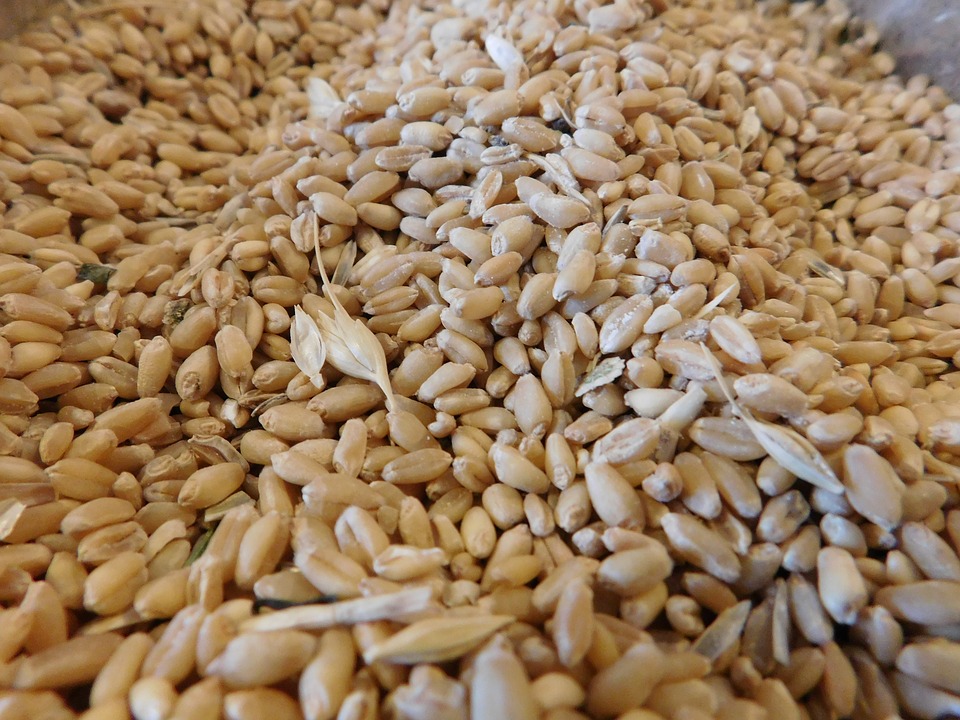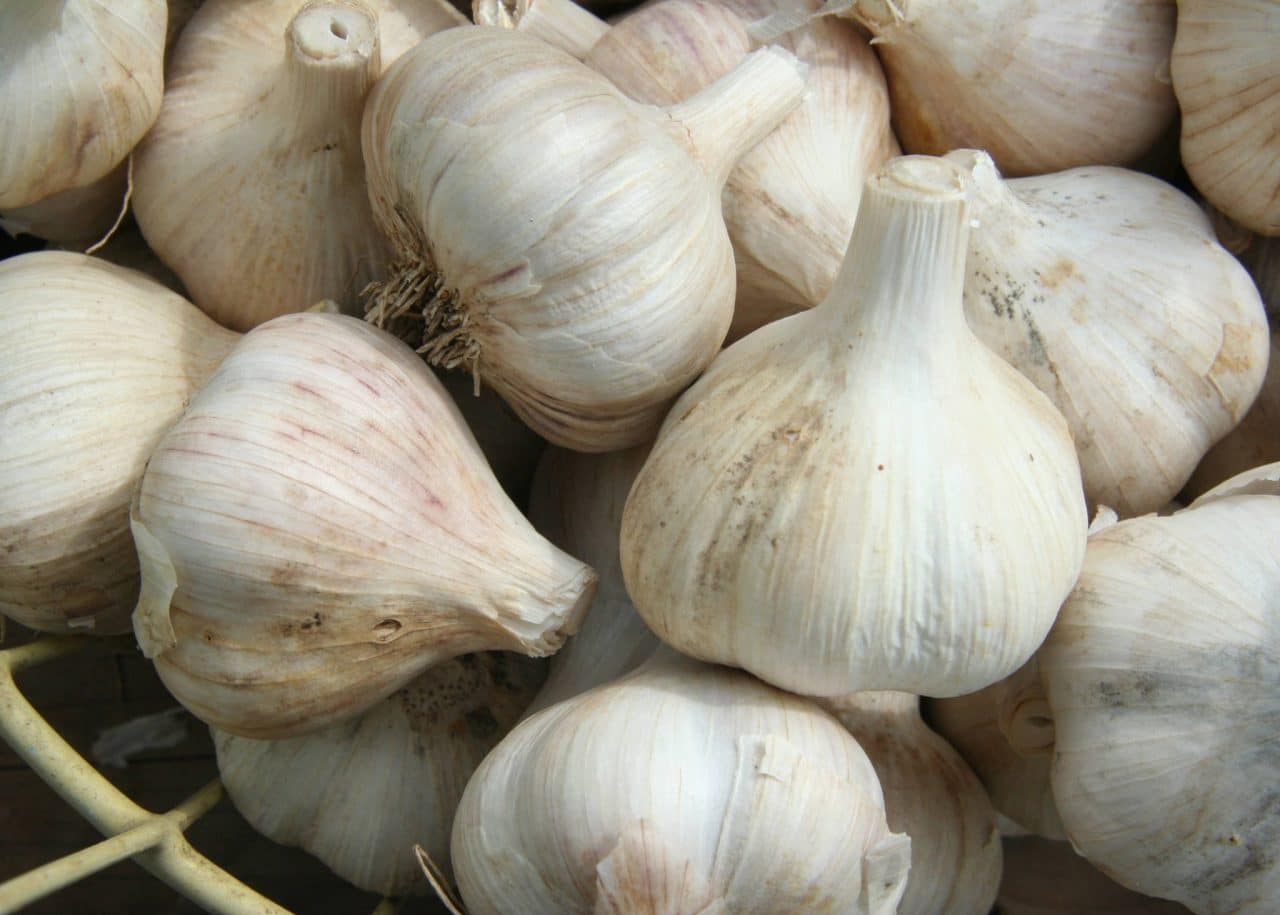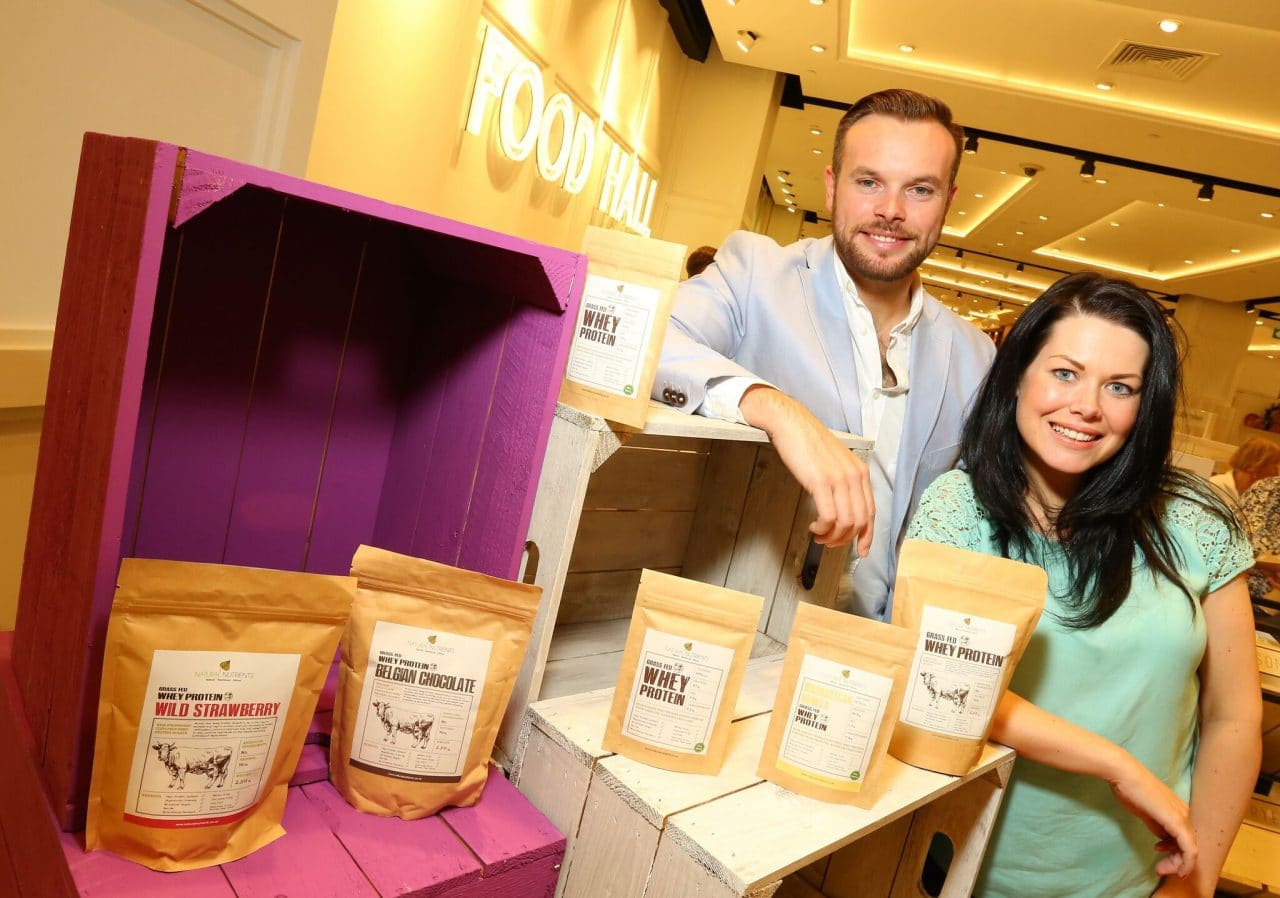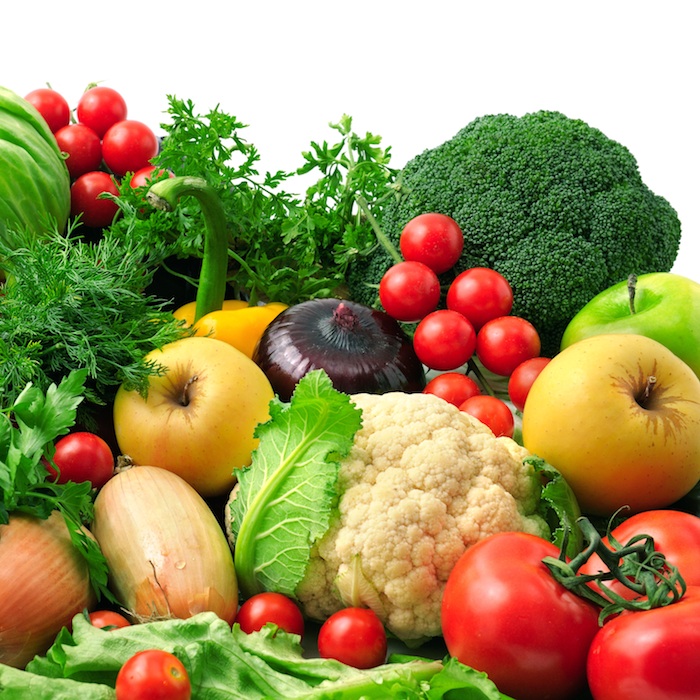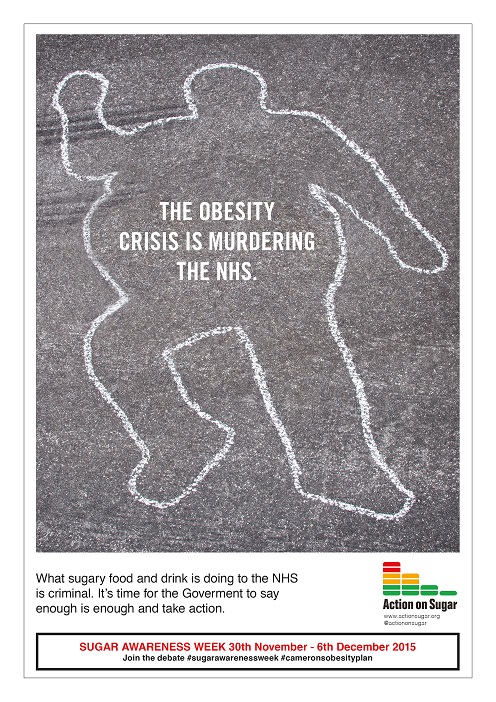Research reveals strong interest in herbals
A recent survey has found that 43% have tried alternative medicine/herbal remedies
US study shows whole grains increase calorie loss
A new study suggests that substituting whole grains for refined grains in…
New US guidelines on peanut allergy
Babies without eczema or egg allergies, should be introduced to peanut-containing foods…
Burgeoning gluten-free sector gets dedicated trade body
The Gluten Free Industry Association (GFIA) has been formed to support companies…
The Great British Bloat Off – nationwide seminar tour
Two thirds of women experience bloating. “It’s not normal.” Says Patrick Holford,…
Garlic, lemon combination may reduce cardiovascular risk factors
Scientists in Iran have found that a mixture of 20g of garlic…
Better off without?
Critics of strict food avoidance regimes warn they are leading us down…
APPG meeting highlights teenagers’ nutritional ‘at risk’ status
The second meeting of the Micronutrients and Health All Party Parliamentary Group,…
Berry consumption may decrease diabetes risk
A study by scientists from Zhejiang University has found that consumption of…
Turmeric benefits more pronounced when eaten in food, researchers say
A study commissioned by the BBC programme Trust Me I’m A Doctor…
Natural Nutrients gains £125k investment
Durham-based natural supplement company Natural Nutrients has announced it has received an…
Anti-inflammatory diet reduces depression risk in women
Researchers from the University of South Carolina and the University of Queensland…
Supplementing with vitamin D while breastfeeding also boosts baby’s status
A randomized controlled trial has found that women who take high dose…
Mediterranean diet “better than statins” at treating heart disease
In one of the first large studies of the Mediterranean diet as…
Leaked Childhood Obesity Strategy draft reveals watered down measures on sugar
A leaked draft copy of the Childhood Obesity Strategy indicates that the…
Only a fifth of the global population meet vitamin E threshold
In a recent review of global vitamin E status, researchers found that…
Omega-3s lower risk of death from heart attack
A study published in JAMA Internal Medicine has found that marine and…
Are you well connected?
Patrick Holford's new book The Chemistry of Connection sets out to add…
2016 Bio-Kult Student Bursary winner announced
Victoria Sims has been announced as the winner of the 2016 Bio-Kult…
Industry rebuts scientists’ claims that pregnancy multivits are “waste of money”
A panel of scientists has accused the supplements industry of “heavily marketing”…



